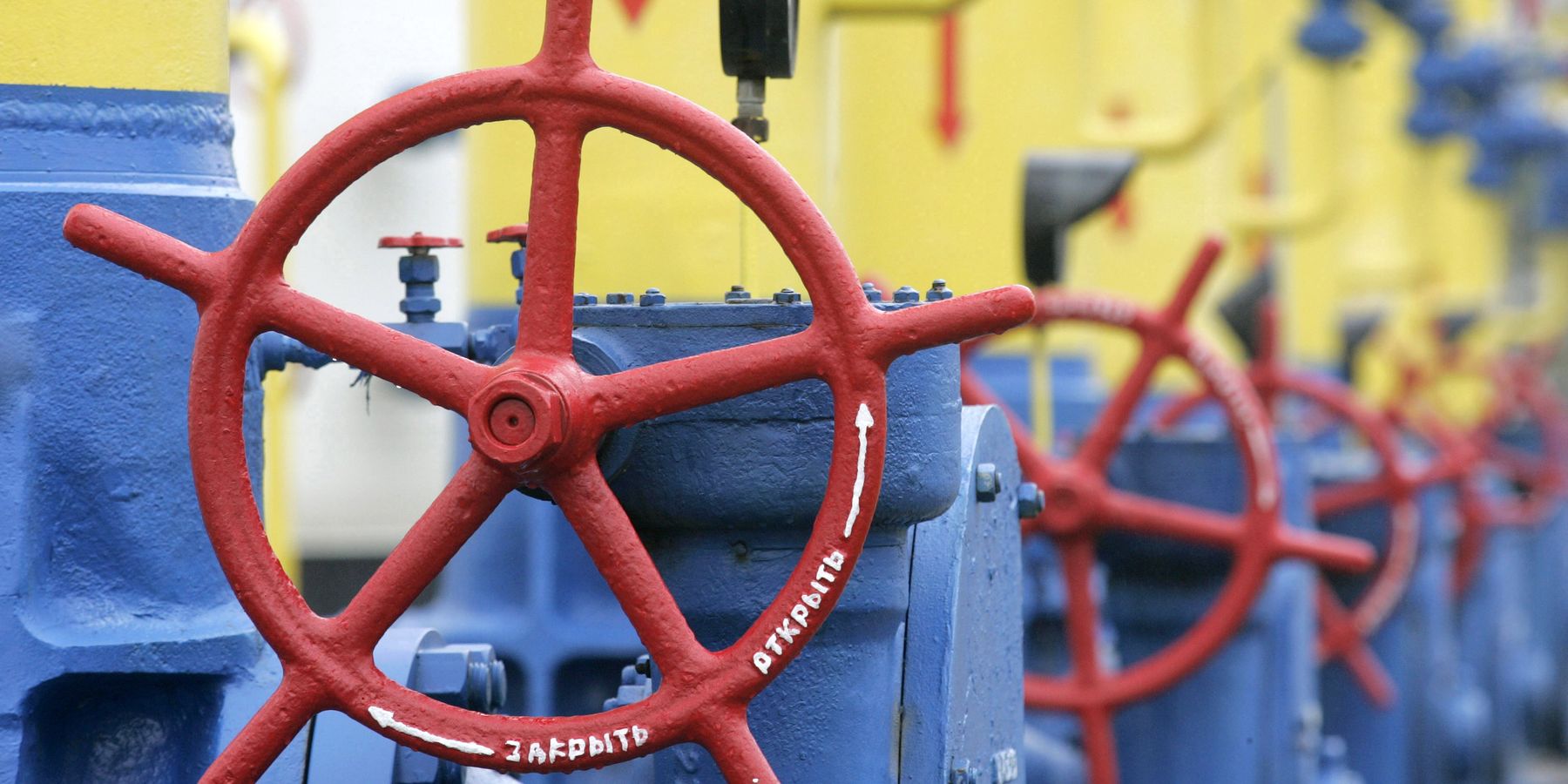UPDATE 1/11 9:45 AM: Ukraine has rejected allegations of involvement in the attempted attack since this article’s publication, but media reporting links Ukrainian agents to one. Russia has also subsequently accused the United States of involvement in the pipeline infrastructure attack.
As war in Ukraine intensifies, so is an increasingly tenuous fight over energy security in the region.
Russia has now accused Ukraine of attacking infrastructure belonging to the TurkStream natural gas pipeline, which runs from Russia to Turkey and is a critical energy source for central Europe, with drones. Ukraine has not responded to the allegation.
Critically, now that Ukraine has stopped transiting Russian gas this year, TurkStream, launched in 2020, is one of the only channels for Russian gas flow into Europe. Indeed, the TurkStream pipeline compressor station only suffered minor damage from a downed drone, but official responses to the incident showcase its high stakes.
Russian Spokesperson Dmitry Peskov described the alleged attack as “energy terrorism,” and Hungarian FM Péter Szijjártó wrote on Facebook that it should be deemed an assault on the sovereignty of countries receiving energy through the pipeline.
In November, Russia’s Federal Security Service (FSB) claimed that it stopped Ukrainian forces from sabotaging the unfinished South Stream gas pipeline. Previously, Europe suffered a energy security hit with the Nord Stream pipeline attack in summer 2022 severing a then-new and substantive link to Russian gas. European investigators have yet to officially determine who did it (though probes have led in Ukraine's direction); what is clear is that the U.S. has benefited from Europe's subsequent increased reliance on American liquified natural gas imports.
Ukrainian President Zelensky has described his recent gas transit halt as “one of Moscow’s greatest defeats.” But while the economic impacts of the Russian gas transit block remain to be seen, Russia’s economy has remained relatively unscathed by other wartime measures, including sanctions.
Instead, European nations that have already sacrificed much of their energy security appear positioned to suffer most from attacks and stoppages. The war’s onset almost three years ago complicated European energy access and jolted energy prices, with European civilians told in fall 2022 to prepare for an energy crisis, including possible electric and gas shortages, that winter.
Worst fears were averted then; Europe may not be so lucky now. As an example, Moldovans, previously heavily reliant on Russian gas access now rescinded by Kyiv, are now grappling with frequent electric outages, while Transnistria, a largely unrecognized breakaway state between Moldova and Ukraine, even says it may run out of energy in three weeks.
While the EU claims it’s prepared for the now-effective gas transit halt, some of its leaders have grown tired of the constant energy instability imposed by the war, and especially by Ukraine’s role in fostering it. Notably, Hungarian FM Szijjártó had threatened last week to block Ukrainian EU ascension over its recent gas transit halt; Slovakian President Robert Fico in turn threatened to stop exporting electricity to Ukraine.
Altogether, the alleged pipeline attack, in tandem with previous and ongoing energy debacles, signals not only prospects for further conflict escalation, but also the intensification of a possibly gruesome fight over energy resources on the extended European continent. As long as European leaders prioritize war over a negotiated settlement, their civilians seem likely to suffer for it.
















